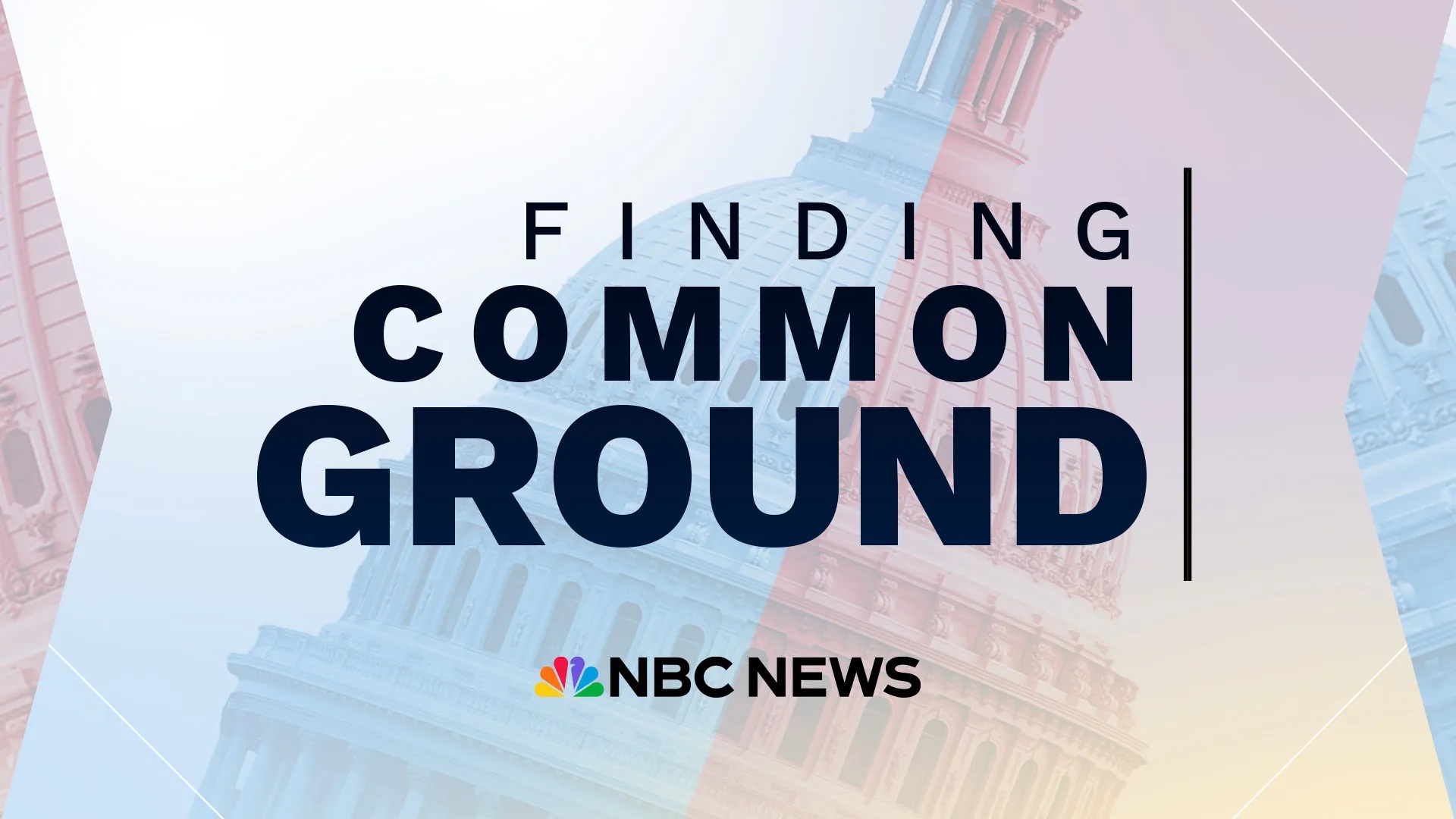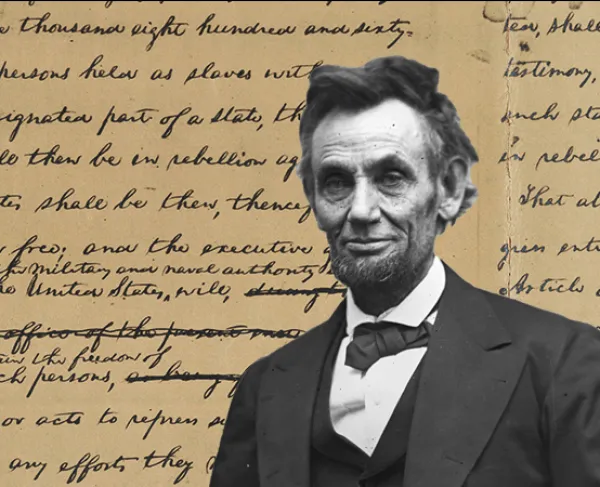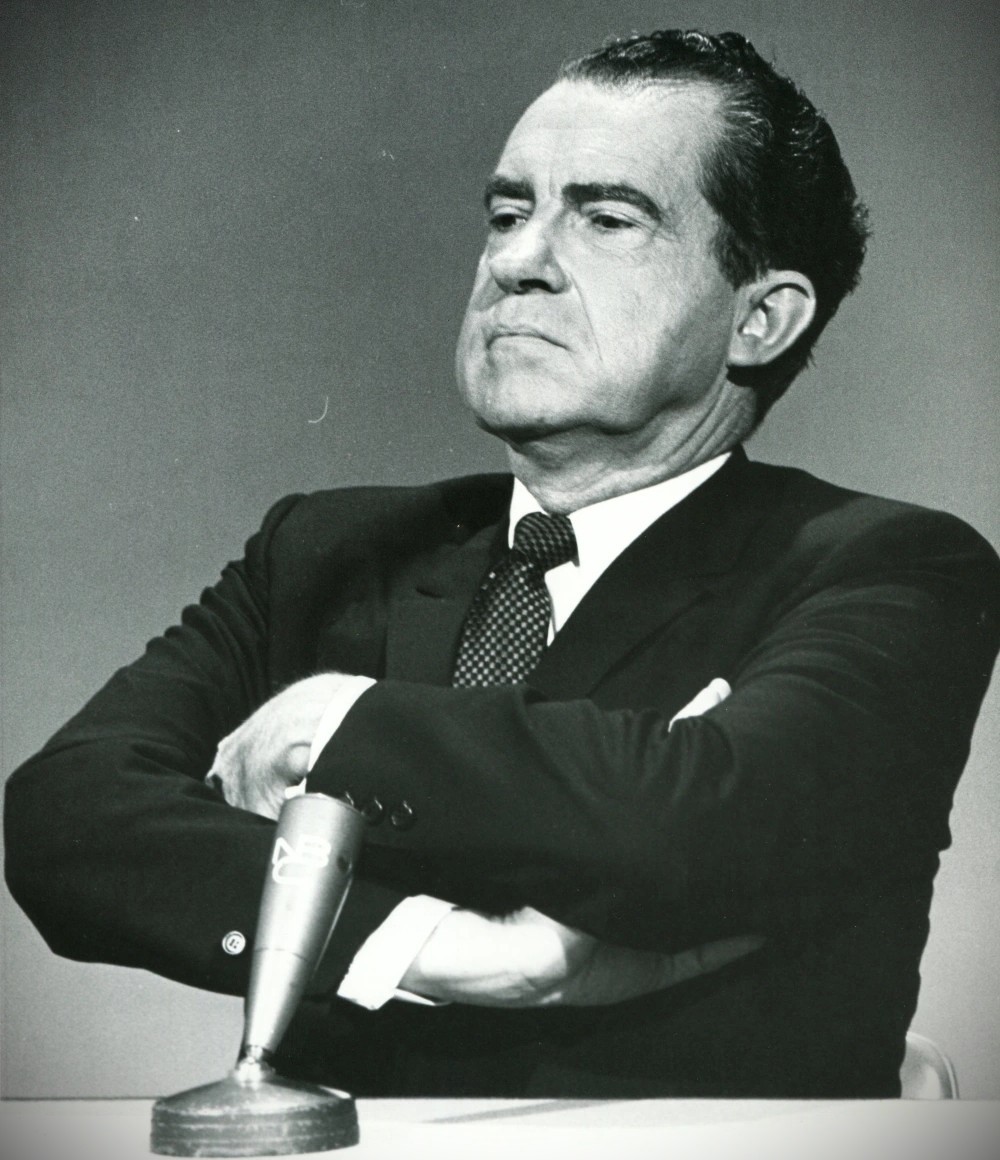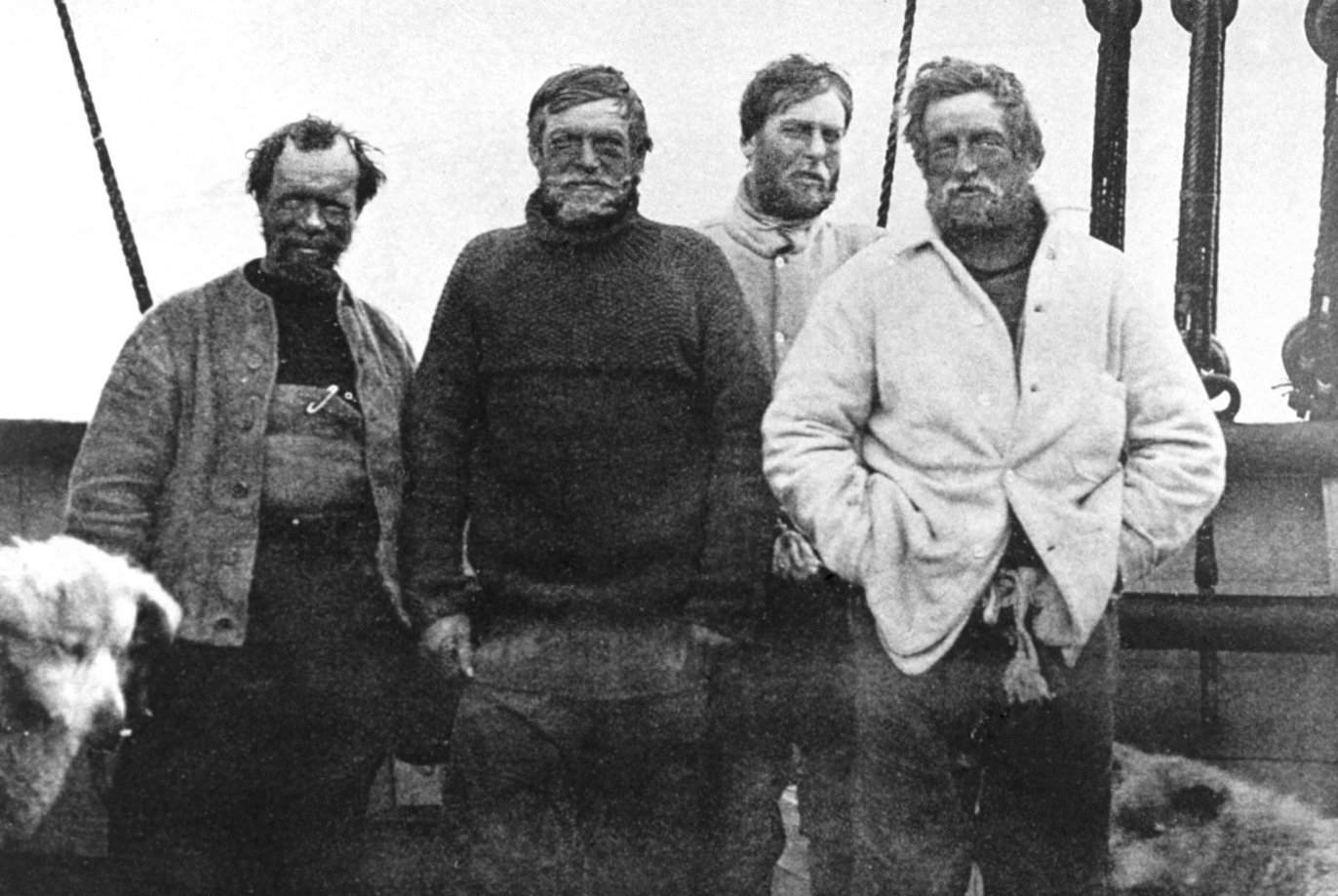I am deeply disappointed in former Vice President Dick Cheney.
During his tenure as vice president, Mr. Cheney would rarely sit for interviews to discuss the Bush administration’s policy choices during his eight years in office. Lately, the reticent Mr. Cheney has taken to sitting down with anyone and everyone in an effort to get “the other side of the story,” out regarding President Obama’s decision to close the Guantanamo detention center as well as the administration’s ban on water-boarding and other national security issues.
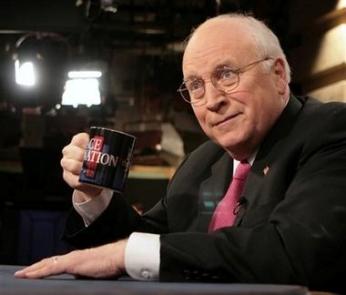
I didn’t always feel this way about the former vice president.
Mr. Cheney served as Chief of Staff to President Ford, whom Ford referred to in his book as “a great friend… he did a great job for me.” However, Ford’s opinion of Cheney changed under the second Bush administration. In his book, “Write It When I’m Gone: Remarkable Off-the-Record Conversations with Gerald R. Ford” by reporter Thomas DeFrank, “Ford questioned the need for warrantless surveillance.”
“I would never do it,” Ford said. “I was dumbfounded when I heard they were. I didn’t think it was necessary. Where does he get his advice?”
In a conversation regarding Scooter Libby, Ford said, “Explain to me who this fella Libby is,” referring to Cheney’s then-chief of staff who was later convicted of perjury in the CIA leak case and then pardoned. “I never heard of him, and I thought I knew Dick Cheney.”
Then there’s the infamous dust-up that the vice president had with Democratic Senator Patrick Leahy from Vermont. On the floor of the Senate, in front of his wife and the watchful eyes of the media, during a heated exchange, Mr. Cheney told Mr. Leahy to, “Go #$%# (rhymes with duck) yourself.”
Now, I’m not naïve enough to think that that kind of language doesn’t go on in Washington, but I would think that an executive leader of my country would practice the necessary respect and restraint in public, reserving those words for a more private occasion. The only message it sends to the public is one of arrogant disrespect for both the office and the people he presumes to serve.
Last Sunday, the former vice president sat down for an interview with Bob Schieffer on CBS’s “Face the Nation.” Here’s some of what he had to say:
Cheney: “…the Obama administration… have moved to take down a lot of those policies we put in place that kept the nation safe for nearly eight years…”
Schieffer: “You say that the administration has made this country more vulnerable to attacks here in the homeland.”
Cheney: “I think to the extent that those policies were responsible for saving lives that the administration is now trying to cancel those policies…”
Schieffer: “You say you don’t think we ought to be going back and questioning those people… but how is that making the country less safe?”
Cheney: “The administration has released legal opinions out of the Office of Legal Counsel. They don’t have any qualms at all about putting things out that can be used to be critical of the Bush administration policies. But when you’ve got memos out there that show precisely how much was achieved and how
lives were saved as a result of these policies, they won’t release those. At least, they haven’t yet.”
Schieffer: What do you say to those… who say that when we employ these kinds of tactics… that we’re weakening security…?”
Cheney: “Well, then you’d have to say that, in effect, we’re prepared to sacrifice American lives rather than run an intelligent interrogation program that would provide us the information we need to protect America.”
Schieffer: “Do you have any regrets whatsoever about any of the methods that were taken?”
Cheney: “No regrets. I think it was absolutely the right thing to do. I’m convinced, absolutely convinced, that we saved thousands, perhaps hundreds of thousands of lives…
“I think if you look at this intelligence program… 20 or 30 years from now, you’ll be able to look back on this and say this is one of the great success stories of American intelligence… I think the charge that somehow there was something wrong done here or that this was torture in violation of U.S. statutes is just absolutely false. …I think it’s very, very important that we have a clear understanding that what happened here was an honorable approach to defending the nation, that there was nothing devious or deceitful or dishonest or illegal about what was done.”
No regrets; nothing devious, deceitful, dishonest or illegal?
Let’s take a look at a timeline of the events surrounding the Bush administration’s domestic spying operation put together by the Washington Post:
Oct. 4, 2001: President Bush authorizes warrantless domestic surveillance proposal presented by Vice President Cheney.
November, 2003: Jack Goldsmith, chief of the Justice Department’s Office of Legal Counsel, becomes doubtful about the legal memos prepared by John Yoo in support of domestic eavesdropping.
December: Goldsmith brings his doubts to Attorney General John Ashcroft who tells him to do whatever is necessary to bring the program into compliance with the law.
Dec. 9: David Addington, Vice President Cheney’s legal counsel, intercedes to stop Justice Department officials from showing the disputed legal memos to Vito Potenza, the National Security Agency’s acting general counsel, and Joel Brenner, the agency’s inspector general.
January, 2004: Ashcroft and Goldsmith ask for permission to consult Deputy Attorney General James Comey on the classified program. Addington, backed by White House Counsel Alberto Gonzales, refuses.
Feb. 19: Addington relents after Goldsmith threatens to rule against the program, and Comey is briefed on the program.
March 4: Ashcroft and Comey meet privately and decide to withhold legal approval unless the surveillance program is scaled back. Hours later, Ashcroft is hospitalized for acute gallstone pancreatitis and Comey becomes acting attorney general.
March 9: Vice President Dick Cheney gathers intelligence chiefs, and presses Comey to reauthorize surveillance.
March 10: Bush learns that the program is about to expire without Justice Department approval. He dispatches Gonzales and Chief of Staff Andrew Card to visit Ashcroft in the hospital; Ashcroft backs Comey and says he never should have ruled the program legal.
March 11: Bush signs a new order, drafted in Cheney’s office that renews the surveillance program and asserts that the president is the final authority on the law. Comey, Goldsmith and FBI Director Robert Mueller, among many others, prepare to resign.
March 12: Bush is surprised to learn that Mueller and Comey are about to quit. When Mueller confirms his intention to resign, Bush withdraws the order he signed the previous day.
March 19: Bush signs a new surveillance order, scaling back the program and bowing to the Justice Department’s legal authority.
So, when Mr. Cheney comes forward after years of silence to declare that he has no regrets about his actions, I’m relieved that he’s no longer in a position to make decisions on behalf of the country. When he says that “…there was nothing devious or deceitful or dishonest or illegal about what was done,” I think the former vice president is not only practicing selective reasoning, but that that reasoning is ethically questionable.
To his credit, former President Bush has remained silent, saying only that he believes the new president should be given time before comments are made – for or against.
Comments





